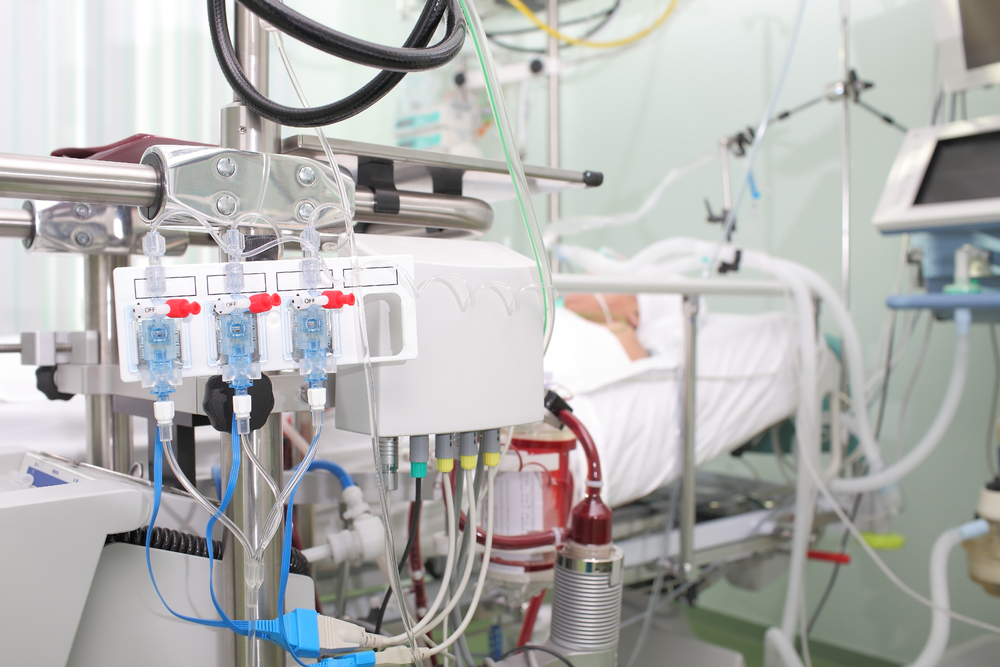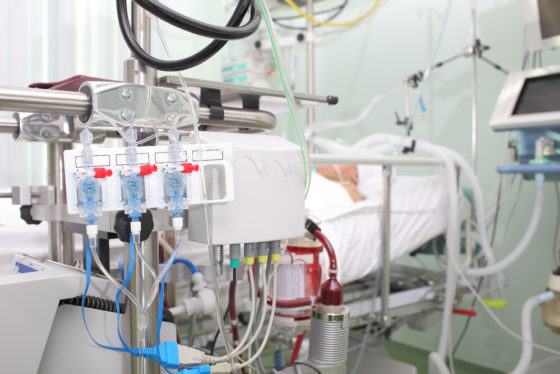More than 1500 intensive care beds needed for next three years


Another 400 permanent intensive care beds will be needed to cater for Covid-19 patients until a vaccine becomes available, medical analysts have calculated.
Experts estimate that 37,500 people will need intensive care treatment after contracting coronavirus over the next three years, the time it is likely to take to develop and approve a vaccine.
Collective immunity could protect the population in the absence of a vaccine, but not until at least 60% of the population has been infected. Around 0.45% of everyone who catches the virus ends up in intensive care.
The National Association for Intensive Care (NVIC), the National Co-ordination Centre for Patient Distribution (LCPS) and the public health agency RIVM said in a report that 1,531 beds would be needed if the 37,500 severe cases were evenly spread over the three years.
The current capacity is 1,150, though this has been temporarily increased to 2,400 to deal with the initial wave of coronavirus infections. At the peak of the infection at the start of April more than 1,400 intensive care beds were occupied by Covid-19 patients.
Autumn rise
Diederik Gommers, head of NVIC, wrote: ‘We need to realise that there are a lot of assumptions in these calculations. Moreover, an average doesn’t tell you very much. If the restrictions are gradually relaxed, the expectation is that we could keep the number of Covid-19 patients in intensive care in the Netherlands down to maybe 300 in the summer months and that the number would start to rise again in the autumn.’
The Netherlands has a relatively small intensive care capacity compared to other European countries. Before the outbreak there were 8 ICU beds for every 100,000 inhabitants, compared to 34 in Germany. Dozens of Dutch Covid-19 patients have been transferred to German ICUs.
Gommers also vented his anger that intensive care patients were not evenly distributed through the country. Hospitals in Limburg, Rotterdam-Rijnmond and Zeeland were operating beyond their capacity while those in northern provinces had space to spare. ‘There is absolutely no question of an equal distribution and that is frustrating,’ he said.
Thank you for donating to DutchNews.nl.
We could not provide the Dutch News service, and keep it free of charge, without the generous support of our readers. Your donations allow us to report on issues you tell us matter, and provide you with a summary of the most important Dutch news each day.
Make a donation